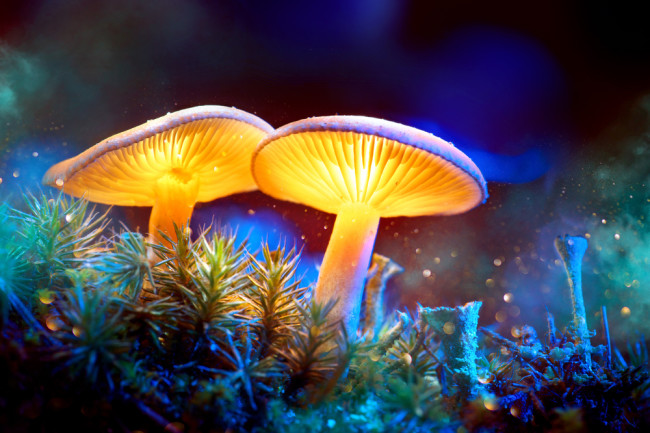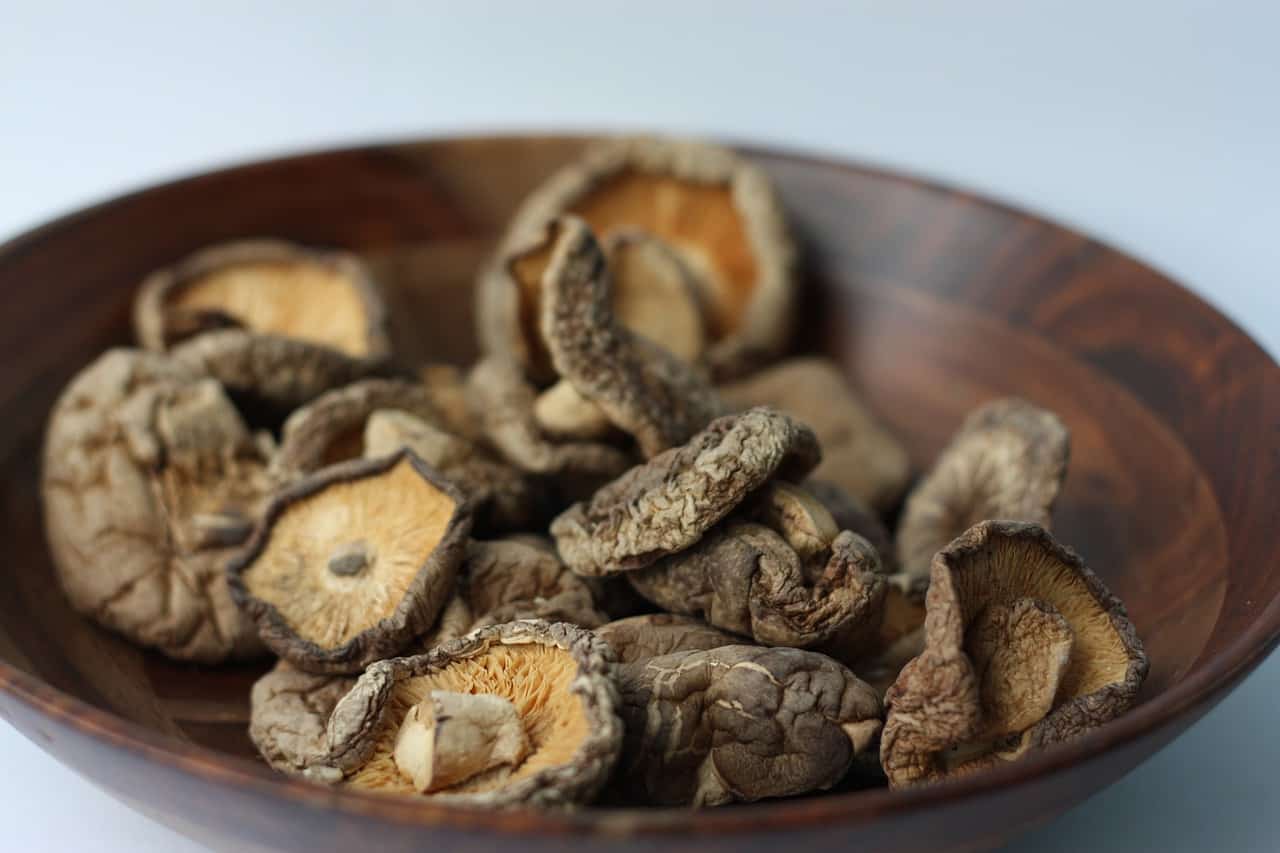
How to Stay Positive After Losing a Business
Losing a job is one thing, but losing a business is in an entirely different league. Your own business is an extension of your own
You may be reading this article because you have heard about cognitive enhancing substances previously and want to learn more. The term ‘cognitive enhancement’ has a slightly positive overtone. Cognitive enhancers stimulate the brain for non-medical reasons. Individuals who choose to take cognitive enhancers usually do it to better themselves further, to gain greater overall focus, or to perform more efficiently when it comes to their daily tasks.
Do you ever feel unmotivated, uninspired or experience an alarming lack of focus? While these things are far too common, they can get in the way of life, and one’s motive and work. The benefits of enhancing your cognitive abilities can be life-changing for some. The long list of benefits for taking cognitive enhancers is what drives the curiosity of many individuals.
In this article, we will briefly go over the why what and how’s of cognitive-enhancing substances. Let’s dive into more detail on cognitive enhancers, shall we?
To put it in the most simple terms, cognitive enhancers are substances that increase one’s cognitive abilities. This includes the ability to learn new information with more ease as well as store it for more extended periods. This means, if an individual were to have high cognitive skills, they would find it easier to study and ace an exam vs someone with lower cognitive abilities.
These cognitive enhancing substances come in many shapes and forms. You can get your daily intake of cognitive-enhancing substances in the way of supplements, specific foods, and even by drinking a small cup of black coffee.
To be more specific, here are a few lists of different supplements and foods you can ingest to receive cognitive-enhancing effects.
There are hundreds of articles with helpful information on all the different cognitive enhancers from food to supplements to herbs. I encourage you to look into the various supplements and try incorporating cognitive-enhancing foods/herbs into your diet.
Nootropics or ‘smart drugs’ are supplements and other substances that could help to improve cognitive function in the brain, correctly executive functions, creativity, memory, or motivation in healthy individuals. Nootropics are most commonly known for the ‘get it done’ motive that people often experience when supplementing Nootropic substances. The word ‘cognition’ refers to the mental action/process of acquiring/obtaining knowledge and understanding via thought and experience. That being said, cognitive enhancers most definitely have a strong link to Nootropics, and a common benefit of many Nootropics is cognitive-enhancing effects. ‘Cognitive enhancers’ is a pretty vague label for any substance that increases your cognitive abilities, which Nootropics do. It is safe to say that many Nootropic substances are indeed cognitive enhancers.

When asking if cognitive stimulants work or not, the short answer is yes, they do seem to work, as evidence by research shows. When asking how they work, the response is not so quick, and it is often hard to come by a definitive answer partly due to the brain, and it’s high complexity. Since this is a brief overview of cognitive enhancers, we will try to keep this short and sweet, yet informative.
The size/complexity of the human brain provides humans with a uniquely complex cognitive capacity – one so complex that it allows us to think abstractly and self-consciously. In cases where cognitive enhancers are shown to increase cognitive functions in human research, there seems to be a gap where we know precisely how cognitive enhancers can produce the results that they do. This means we can only suggest possible mechanisms of action at this time until further research is conducted. There are many different areas of the brain that these enhancing substances affect on. Let’s look at one, in particular that seems to be rather common; brain fog and how it effects one’s cognitive functions.
Brain fog is often described as a perceptual dip in focus or cognitive clarity. This is usually caused by emotional stress, a lack of good quality sleep or when one is overworked. We know that a few things that ‘brain fuel’ includes are oxygen, proteins, fatty acids, glucose, amino acids, water and much more. Any metabolic compound that fuels the body also feeds the brain as well. When the human body is running low on any of its precious natural resources, the brain’s ability to function smoothly significantly decreases.
When a brain is affected by a poor metabolic status, it could manifest many recognizable signs of low energy and ‘brain fog’. Some of these signs could be poor memory, derailed trains of thought, poor motivation, a struggle to focus, etc.… Of course, the best remedies and the first ones to try should always be improving your quality of sleep and your diet. However, they ensure that you are unlocking your brain’s full potential, it makes sense to go to these brain-stimulating, cognitive enhancers for additional energy and assistance. They don’t call cognitive enhancers’ brain boosters’ for nothing.
It isn’t easy to pinpoint the main side-effect for cognitive enhancers when so many enhancers exist in the form of both supplements and foods/herbs. Firstly, it is essential to address that you can get non-prescribed cognitive enhancers as well as prescribed cognitive enhancers from pharmaceutical companies. There seems to be a lot of prominent differences between the two. When it comes to non-prescribed cognitive enhancers, you often see people supplementing things like lions mane or specific herbs/foods. On the other hand, when we look at pharmaceutical cognitive enhancers, we see compounds such as Adderall and Ritalin being prescribed. Without having to overthink, it is clear that non-prescribed cognitive enhancers are much lower risk substances. In this article, we have been focusing on alternative non-prescribed cognitive enhancers. Therefore, we will continue to keep that as our focus as pharmaceutical Nootropics/cognitive enhancers, and their risks are a big discussion better saved for another day.
In 2020, we know that it is more beneficial to look into the usage of alternative remedies with a lower risk for more sustainable health treatments. Sometimes we need an extra boost, and that is okay. Cognitive stimulants seem to be there when we go through periods of struggle or simply wish to push our limits in a healthy way.

Losing a job is one thing, but losing a business is in an entirely different league. Your own business is an extension of your own

Weekends can leave you feeling refreshed and energized, and there are many exciting ways to make the most of them in the Netherlands. From transporting

What are truffles? Magic truffles are a species of psilocybin mushrooms. However, technically by law they are not placed in the same category as ‘mushrooms’.

What are Psychedelics? Psychedelics are a hallucinogenic class of drugs. Some of the most common substances you will hear about during a conversation about Psychedelics

Without a doubt, the most popular medicinal use of mushrooms since the 1960s has been the consumption of psychedelic mushrooms by psychonauts determined to ‘expand

DISCLAIMER: * The objective of this article is specifically for speculation on how we can treat mental disorders with psychedelics. I do not condone or
GET 10% DISCOUNT WITH NOTIFIED ABOUT THE LATEST NEWS AND UPDATES. NO SPAM, WE PROMISE!
FREE Tracked shipping on orders over €250 to EU countries.
Monday- Friday 8.30am- 5pm (CET)
A range of options available
Guaranteed delivery or your money back